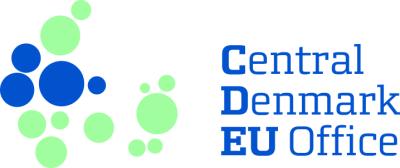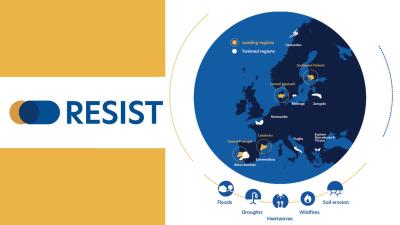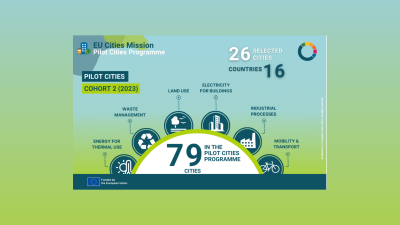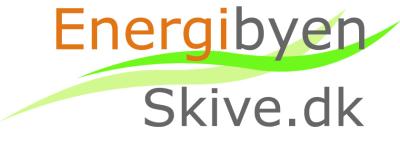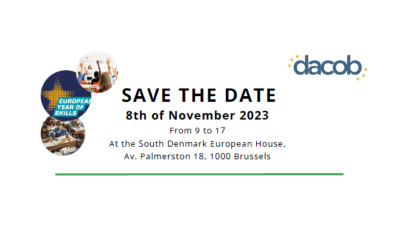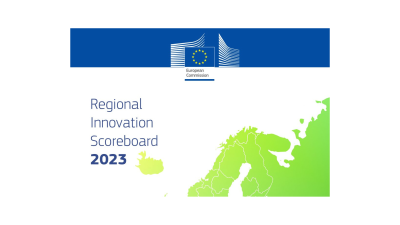
The Central Denmark EU Office (CDEU) represents the 19 municipalities of the Central Denmark region as well as the Central Denmark regional government, Aarhus University and VIA University College. Central Denmark region comprises the central part of Jutland from coast to coast and is home to Aarhus, the second largest city in Denmark and European Capital of Culture 2017. Central Denmark is a very diverse region and has a special focus on innovation, healthcare, education, research, tourism, energy, environment and culture. The Central Denmark EU Office has teams and advisors dedicated to each of these areas.
Contact detail
-
Head of office
-
Contact person
-
Brussels Office Address
Avenue de Tervueren 35
1040 Brussels
Belgium

Strategic R&I Projects
Everywhere International SME's
The Everywhere International SMEs (EIS) project brings together nine partners from seven regions across Europe. The EIS project aims at promoting excellence in regional business support systems for internationalising SMEs by sharing best practises.
WEBSITE>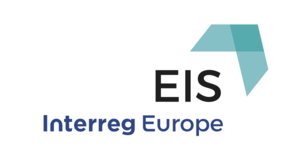
StratKIT
The StratKIT project is about making the procurement of public catering services more sustainable. StratKIT brings together public authorities, catering service providers and researchers in a network to set up a toolkit & an online open knowledge platform.
WEBSITE>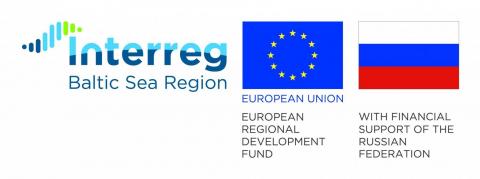
ERRIN activities
Management Board members
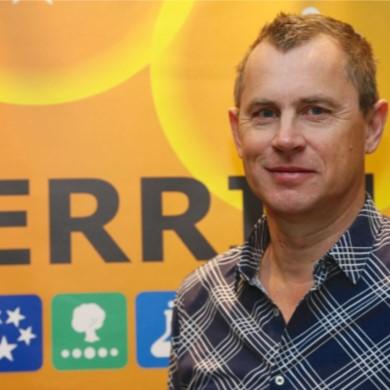
Latest Updates
- By Central Denmark EU office
Seeking Inspiration and Collaboration for Improving Public Transport Procurement and integration of multi-modal transport services into a unified system in Central Denmark
Collaboration and project opportunities for Improving Public Transport Procurement and integration of multi-modal transport solutions.
- By Gaia Ialisa Marotta
Existing private solutions to foster citizens' engagement in Climate Change adaptation activities
On 18 April, the RESIST project, in which ERRIN is a partner, hosted a webinar for the regions involved. The webinar focused on private solutions that can help encourage citizens' engagement in Climate Change adaptation activities. During the event, three solutions were presented: CoTowns, which is a technology that rewards citizens for contributing towards a sustainable urban environment; Maptionnaire, a platform used to design and manage community engagement; and MI4pADAPT, which is a DIY manual for stakeholder and citizen engagement.
- By Gianpiero Petruzziello
26 additional cities selected to join the NetZeroCities Pilot Cities Programme
The NetZeroCities project, in which ERRIN is a partner, has selected 26 additional cities from 16 countries to take part in its Pilot Cities Programme. ERRIN is delighted to note that 12 cities from ERRIN member regions have been chosen, including Riga and Lyon, both supported by ERRIN’s NetZeroCities Climate Neutral Cities Advisors.
- By Central Denmark EU office
Partner search for Erasmus+ project: Circular Economy in Construction Education (CE2)
We are currently five Danish partners searching for new partners for an Erasmus+ project under Alliances for Education and Enterprises. The project Circular Economy in Construction (CE2) focus on creating learning experiences that are attractive to both school- and job-based target groups. CE2 tackles the deep gap between visions for the future built environment and the day-to-day work at a construction site.
- By Greater Copenhagen EU Office
Erasmus+ exchange hosted by the Danish regional EU offices
On 8 November, the four Danish regional EU offices (South Denmark European Office, North Denmark EU Office, Central Denmark EU Office, Greater Copenhagen EU Office) are hosting an event highlighting products and good practices from Erasmus+ projects. It will take place at Avenue Palmerston 18 from 09:00-17:00.
- By Ewa Chomicz
Regional Innovation Scoreboard 2023 published
On 6 July, the Commission released the newest bi-annual Regional Innovation Scoreboard (RIS). The RIS allows for a closer examination of the innovation performance within European regions and the new edition is to be taken as a reference for consortium eligibility in the current Regional Innovation Valleys call for proposals under Horizon Europe. The 2023 edition of the European Innovation Scoreboard (EIS) was also published.
